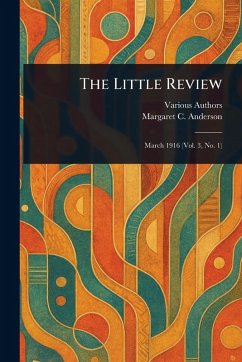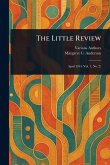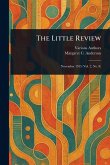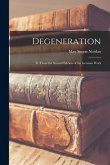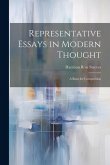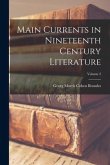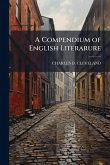Rediscover a vital piece of early 20th-century modernism with "The Little Review, Vol. 3, No. 1, March 1916," a meticulously prepared print republication of this influential literary periodical. This issue offers a fascinating glimpse into the artistic and literary landscape of the time, showcasing a diverse collection of poetry, essays, and artistic expressions. As a key voice in the modernist movement, "The Little Review" provided a platform for groundbreaking writers and artists who challenged conventional norms and explored new forms of expression. Explore diverse literary styles and critical perspectives on art and culture, providing valuable insight into the intellectual ferment of the era. This volume serves as a crucial primary source for scholars and anyone interested in literature, art history, and the development of modern thought. Dive into the original texts that shaped literary criticism and contributed to the evolution of 20th-century literature. This work has been selected by scholars as being culturally important, and is part of the knowledge base of civilization as we know it. This work is in the public domain in the United States of America, and possibly other nations. Within the United States, you may freely copy and distribute this work, as no entity (individual or corporate) has a copyright on the body of the work. Scholars believe, and we concur, that this work is important enough to be preserved, reproduced, and made generally available to the public. We appreciate your support of the preservation process, and thank you for being an important part of keeping this knowledge alive and relevant.
Bitte wählen Sie Ihr Anliegen aus.
Rechnungen
Retourenschein anfordern
Bestellstatus
Storno

